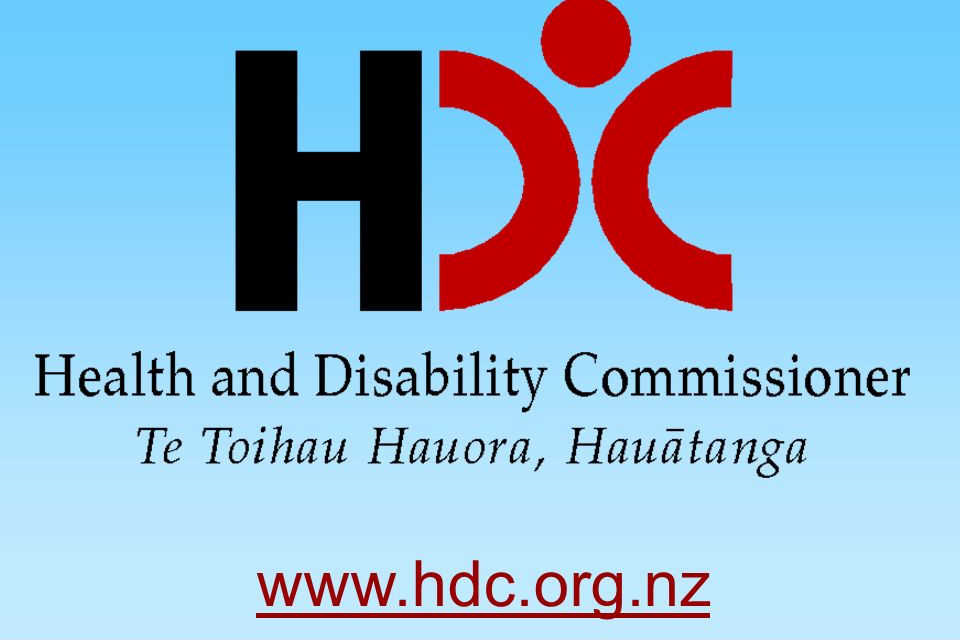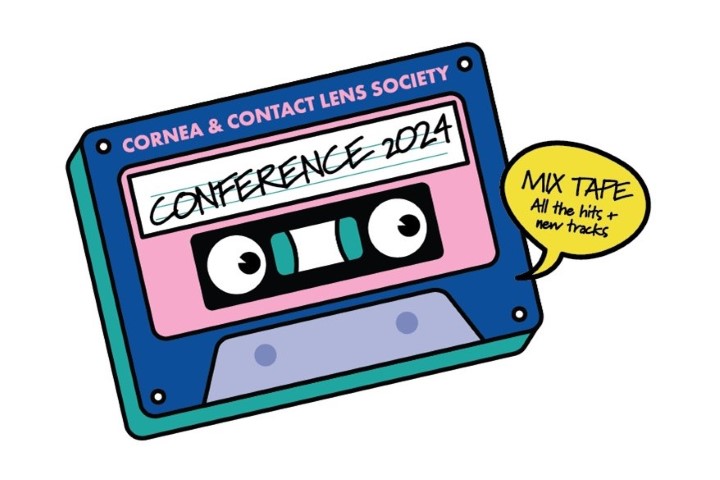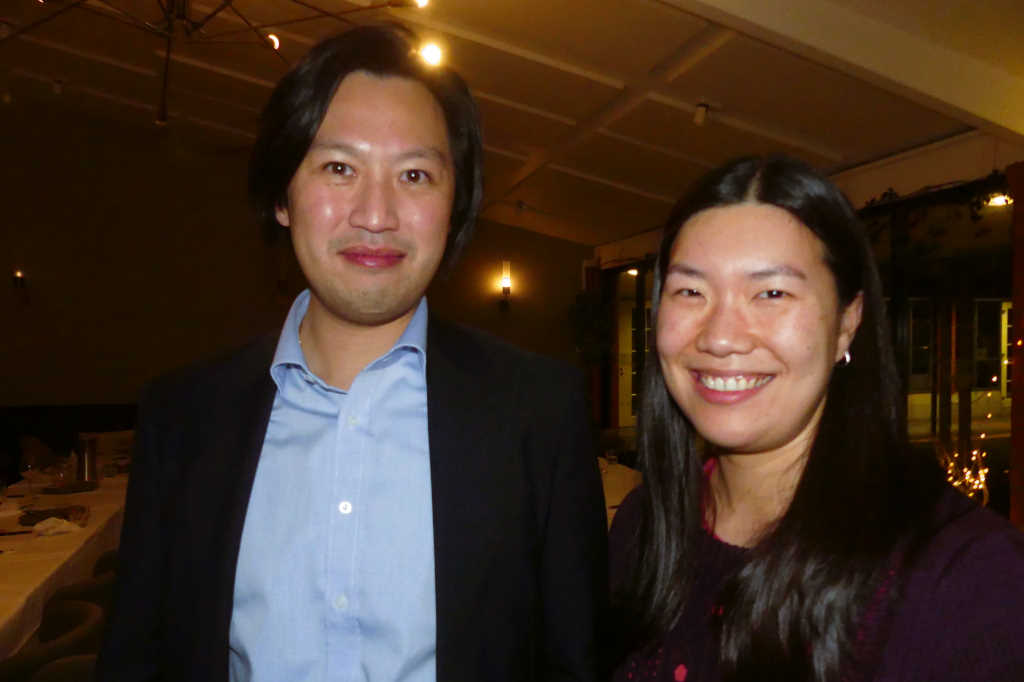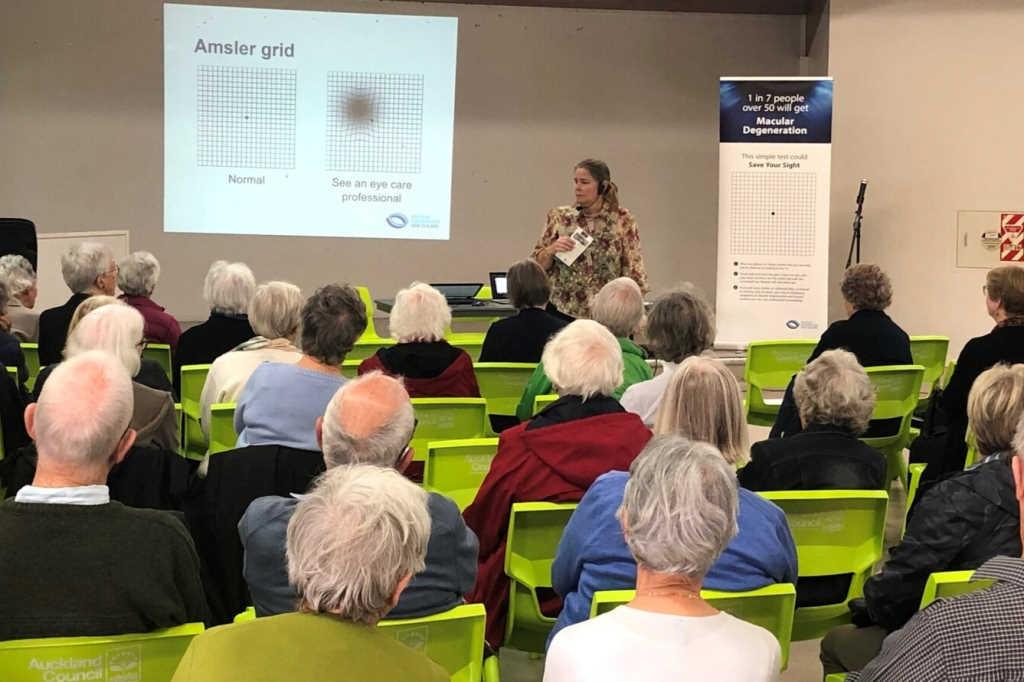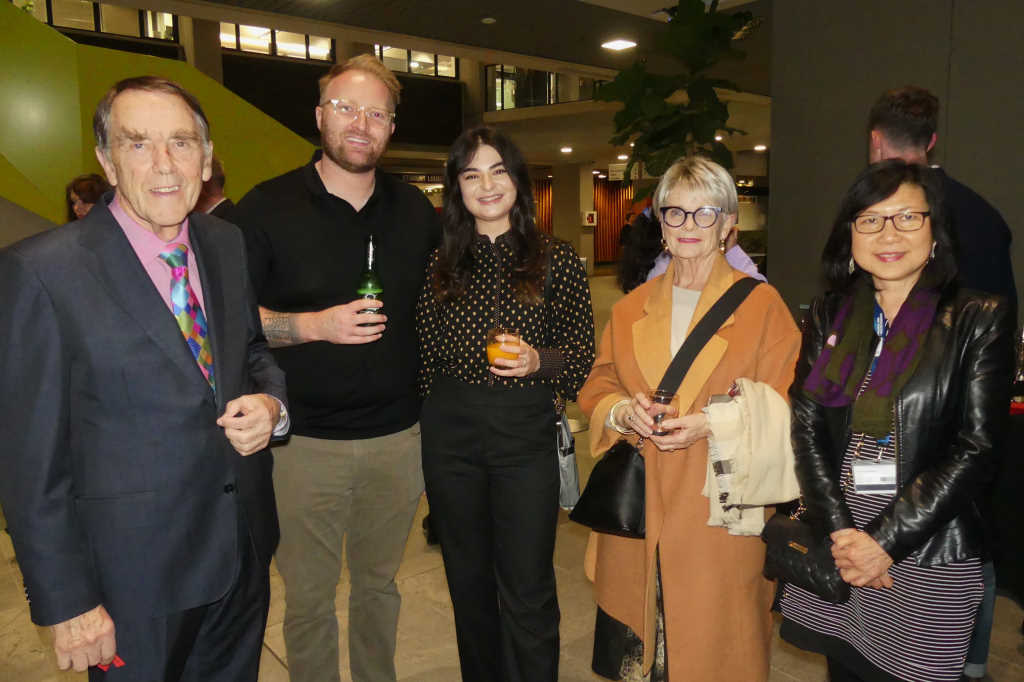NZ Optometrist censured
A New Zealand optometrist has been found guilty of breaching the Code of Health and Disability Services Consumers' Rights for not providing an adequate level of care and skill for a six-year-old boy, later diagnosed with a brain tumour which left him blind in one eye and partially sighted in the other.
In a report released in February, and covered widely by the general media, deputy health and disability commissioner (HDC) Meenal Duggal also found the optometrist’s practice liable for his inadequate care and recommended current directors take several steps to better care for their patients.
All parties were unnamed in the report, but the optometrist was a director of the practice when he first examined the boy during an appointment on 28 March 2014. The visit was recorded as routine, but no details of the boy’s symptoms, family ocular history, general health or medications were documented. The optometrist recorded the boy’s visual acuity in his left eye as 6/10 and right as 6/x, meaning the boy could not identify the letters on the Snellen chart. The optometrist diagnosed amblyopia, possible right eye exotropia, and prescribed the boy glasses. No plan for follow-up or further investigation was noted. The HDC’s report also says the optometrist did not refer the boy for further testing or perform appropriate diagnostic tests to rule out pathology.
A year later, the boy was taken by his parents to a medical centre, suffering headaches, fever and vomiting. The first GP he saw diagnosed tonsillitis and dehydration, but made a plan in case the boy’s condition deteriorated. The boy was taken back to the medical centre a week later, suffering severe headaches. He also couldn’t walk straight, had started rubbing and banging his head, couldn’t see and was barely talking. He was seen by a different GP who sent him to hospital for a CT-scan which identified a craniopharyngioma brain tumour. The tumour was removed and the boy survived, but he was left completely blind in his right eye and had just 1/30 acuity in his left.
Duggal said the optometrist failed to take appropriate steps to test the level of acuity of the boy’s right eye, consider differential diagnoses, conduct further investigations or refer the boy to an ophthalmologist to determine the cause of the amblyopia and queried exotropia. He also failed to put together an ongoing treatment plan to see if the boy’s visual acuity improved or appropriately document the boy’s history and reason for coming to see the optometrist in the first place.
The censured optometrist retired from clinical practice in 2015, but is still involved in the management of the optometry practice. He’s asked to be removed from the Optometrist and Dispensing Opticians Board (ODOB) register and is currently noted on the register as non-practising. In his response to the HDC, he said in March 2014 he was experiencing stress and anxiety due to personal matters and had, had difficulty obtaining locum optometrist cover. He said he had “contemplated and agonised” over the probable cause of the misdiagnosis of the boy’s eyesight and is “profoundly regretful”. On Duggal’s recommendation, he also said he “wishes to apologise profusely both to (the boy) and his parents for what has happened”.
Despite the optometrist telling the HDC he is no longer practising, Duggal recommended the ODOB provide an update on his registration status within three months of the report and, should he decide to return to clinical practice, asked the Board to consider whether a review of his competence is warranted.
The practice was found vicariously liable for the optometrist’s breach of code and censured for failing to have policies or procedures in place relating to staffing levels when unexpected leave was required and the standard of the consultation form used at the time. The practice was told to discuss the findings of the report with its clinical staff; review its consultation form and recall processes; and audit patient records for a one-month period to ensure that patients assessed have been appropriately referred. It was also asked to provide an update on the changes it has made to its practice, including the implementation of its new policies and procedures, and to conduct a second audit and report back to the HDC on the effectiveness of these changes to ensure patients have been referred appropriately.
A copy of the report and the optometrist’s name has been sent to the ODOB, the New Zealand Association of Optometrists, the Corneal and Contact Lens Society, ACC and the district health board. To read the full report, go to http://www.hdc.org.nz/media/390312/16hdc00646.pdf.










